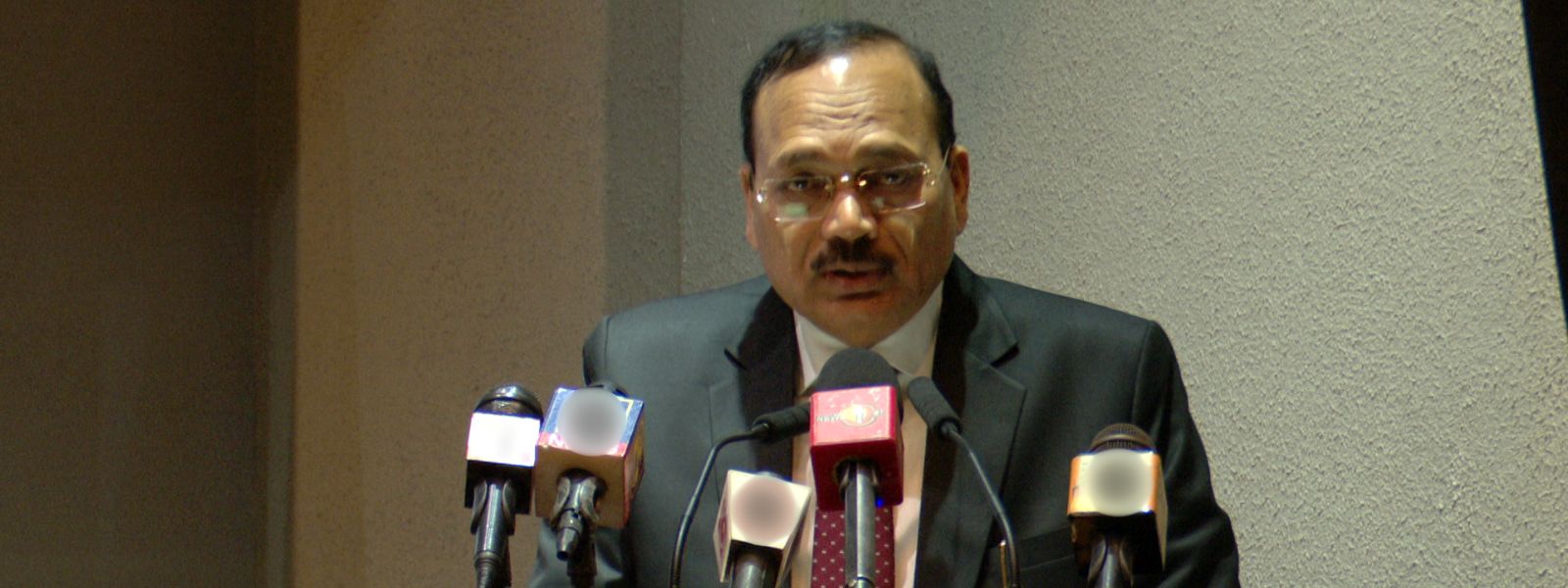.webp)

Justice Isn’t A Profession - It’s A Responsibility. India’s Youth Are Proving It Every Day
COLOMBO (News 1st); Justice Surya Kant, the most senior judge of the Supreme Court of India, has underscored the growing role of youth in shaping a more inclusive justice system, highlighting India’s pioneering efforts to embed legal aid into legal education.
Speaking on the evolution of legal aid, Justice Kant observed that successive generations of young Indians have become “more empathetic, engaged, and responsive to the needs of society,” driven by a genuine desire to serve and uphold responsible citizenship.
He noted that law universities and colleges across India now operate legal aid clinics, often in collaboration with district legal service authorities. These clinics enable students to draft petitions, advise citizens, and conduct legal literacy drives in villages, prisons, and urban slums—instilling the principle that “law is not just a profession, but a responsibility.”
Justice Kant also spotlighted the Panel Lawyer System, which assigns advocates to represent indigent litigants free of charge. Over 34,000 senior lawyers with more than a decade of experience, along with thousands of juniors, have been empanelled under this initiative. Incentives such as stipends, recognition certificates, and structured mentorship programs aim to nurture young advocates into respected professionals.
“This synergy between structure and spirit, between policy and participation, represents the global future of human rights protection,” Justice Kant said. “It proves that when citizens and institutions move in harmony, justice becomes not just sustainable—but inevitable.”
“Our task is to innovate further, modernize outreach, and deepen inclusion. Justice must evolve with society—or risk becoming its shadow.”
Justice Surya Kant also delivered a powerful message to Sri Lanka and Commonwealth nations, urging them to embrace legal aid as a cornerstone of human rights protection.
Speaking on India’s experience, Justice Kant emphasized that the principle of equal access to justice is not uniquely Indian but universal.
“The belief that every person, regardless of wealth or status, is entitled to the full protection of the law is not merely Indian—it is universal,” he said.
He noted that while each nation must design systems suited to its own realities, the shared conviction that legal aid is the first line of defense against the erosion of human rights should guide all efforts. “When justice becomes truly accessible—when every citizen, regardless of means, can stand tall before the law—then and only then can we say that freedom has fulfilled its true purpose,” he added.
Justice Kant described justice as “a journey, not a destination—a collective journey of nations, institutions, and hearts.” He affirmed India’s readiness to act as both partner and pioneer, committed to ensuring that the light of human rights shines undimmed across the world.
Other Articles
Featured News





.png )











-812087_550x300.jpg)
-810262_550x300.jpg)
-809496_550x300.jpg)










.webp)






